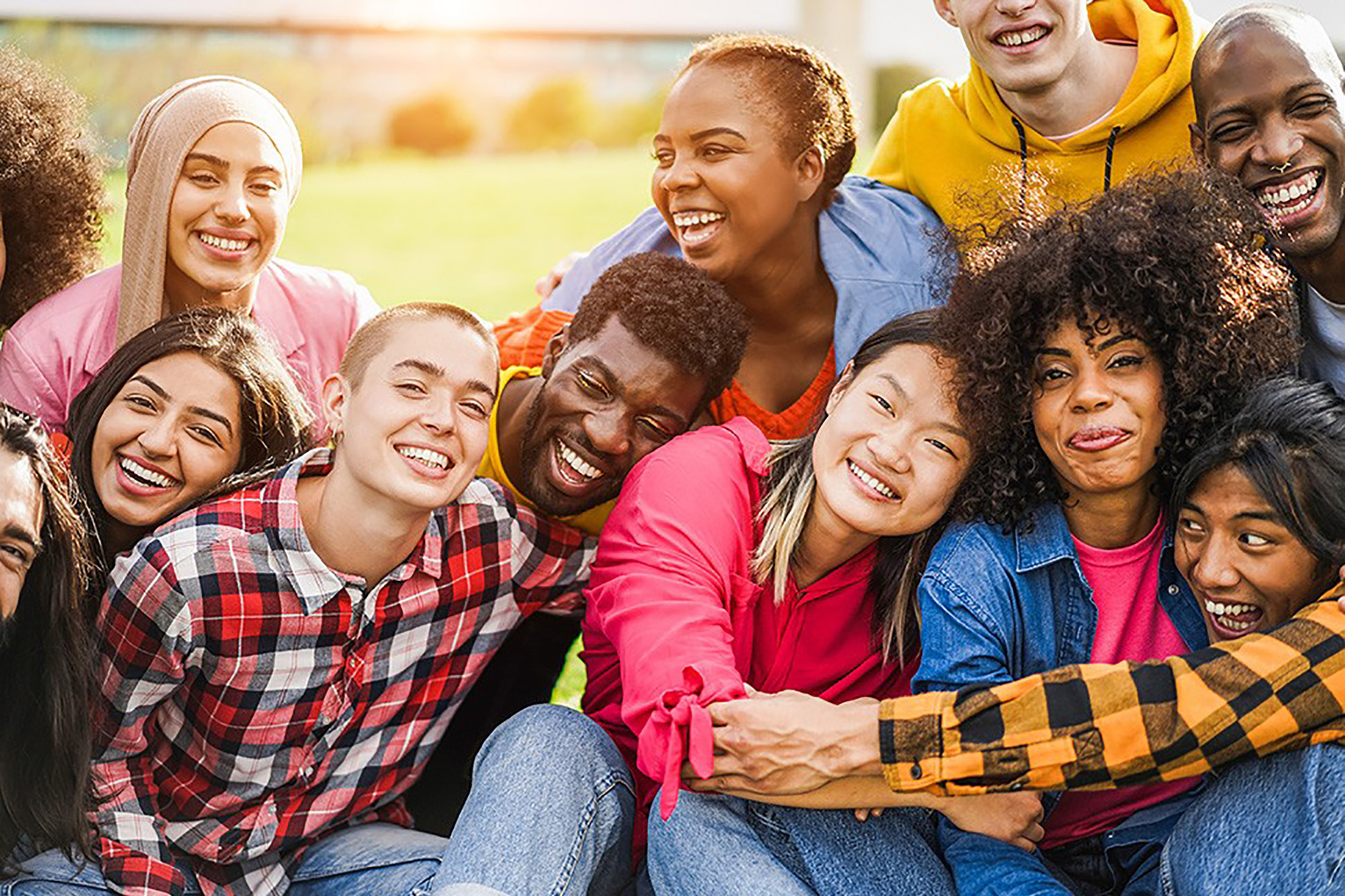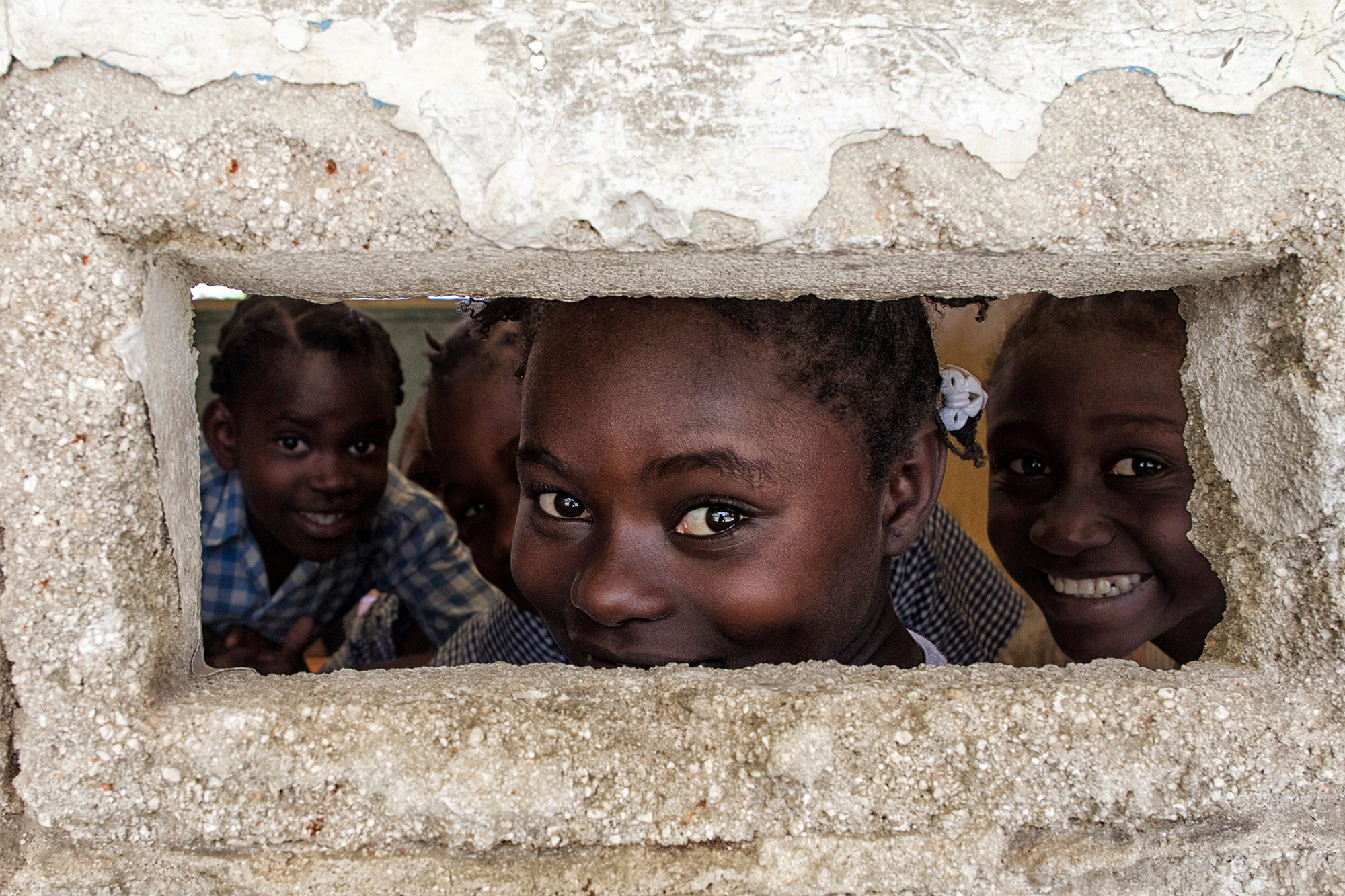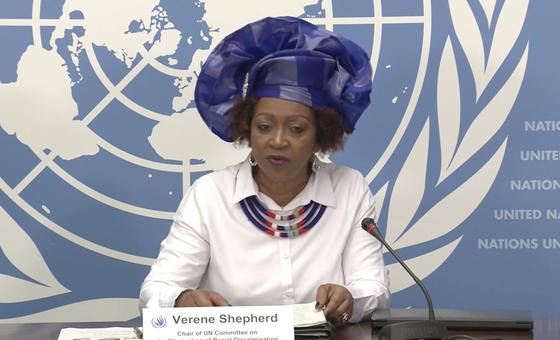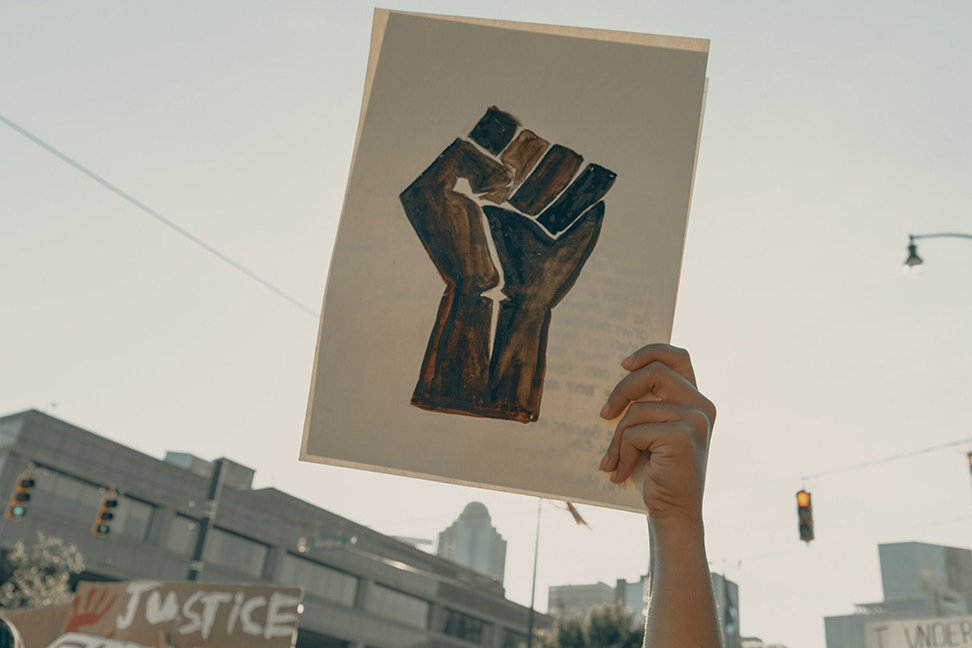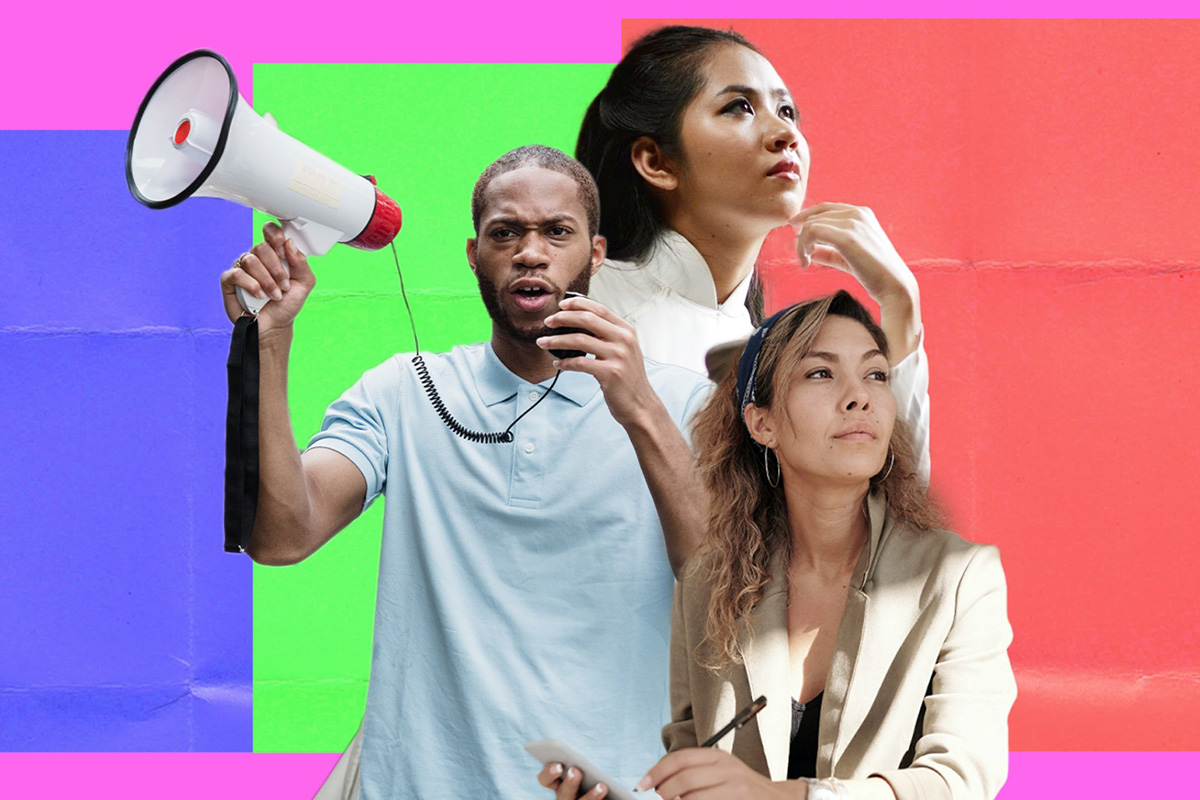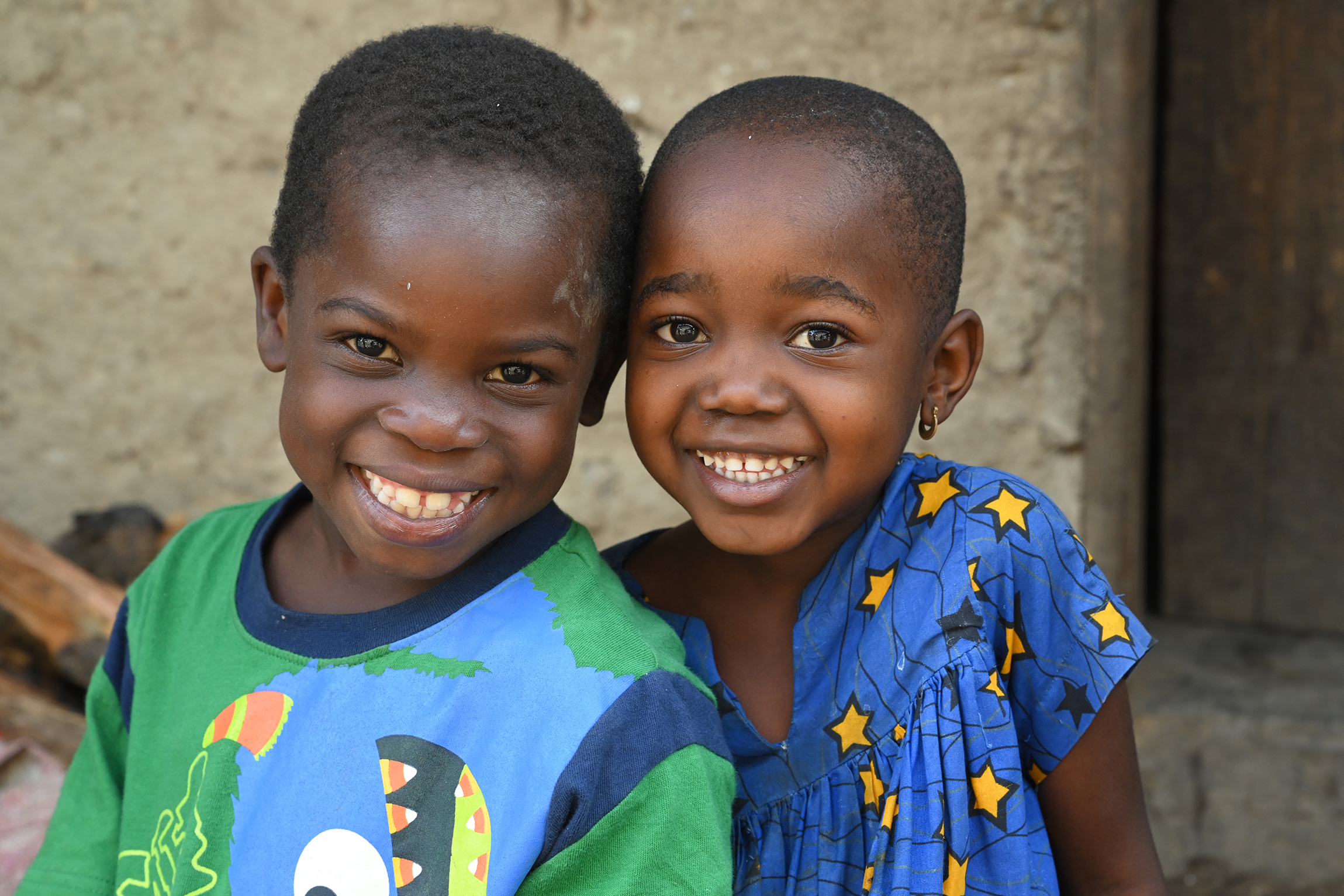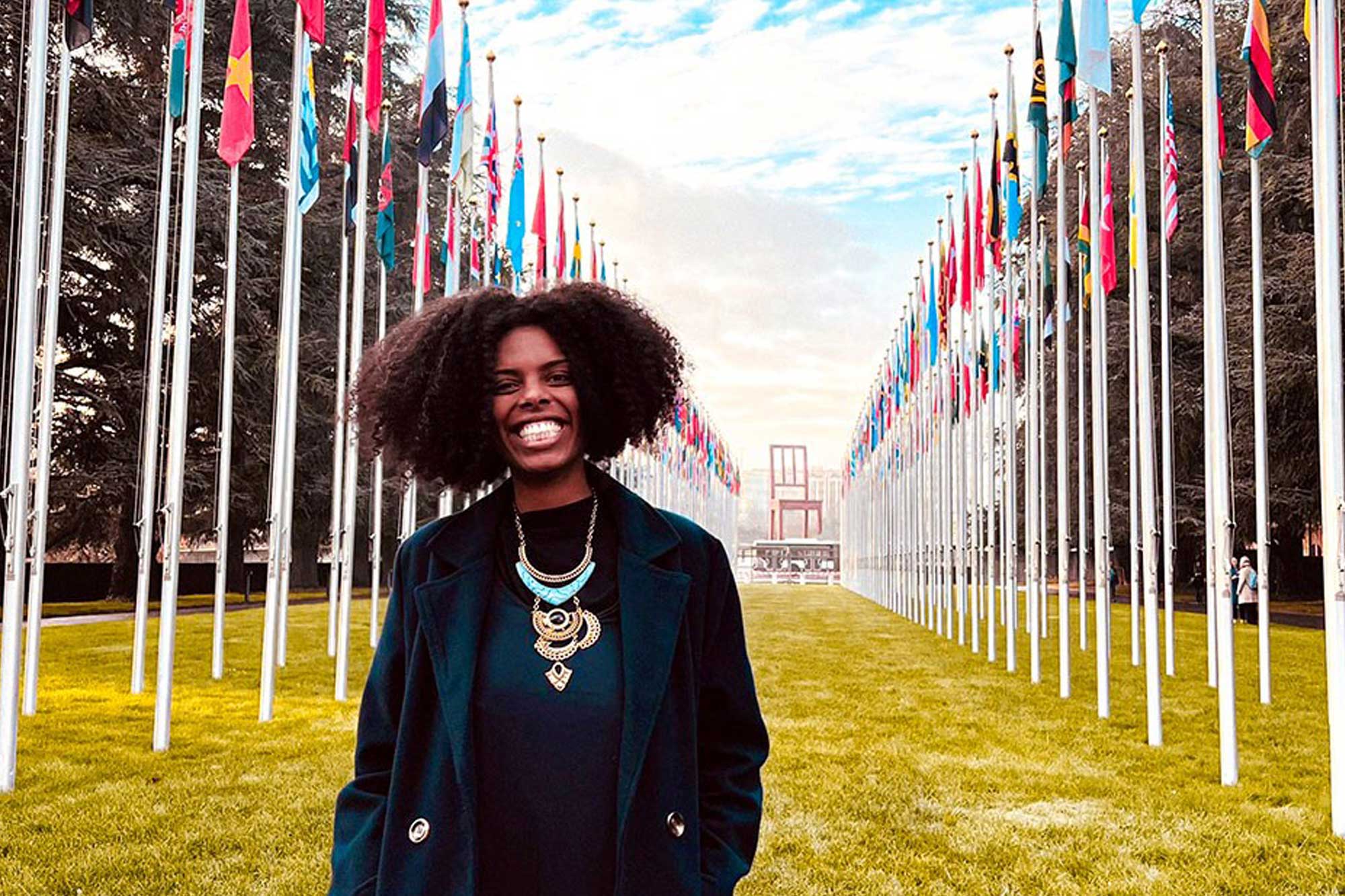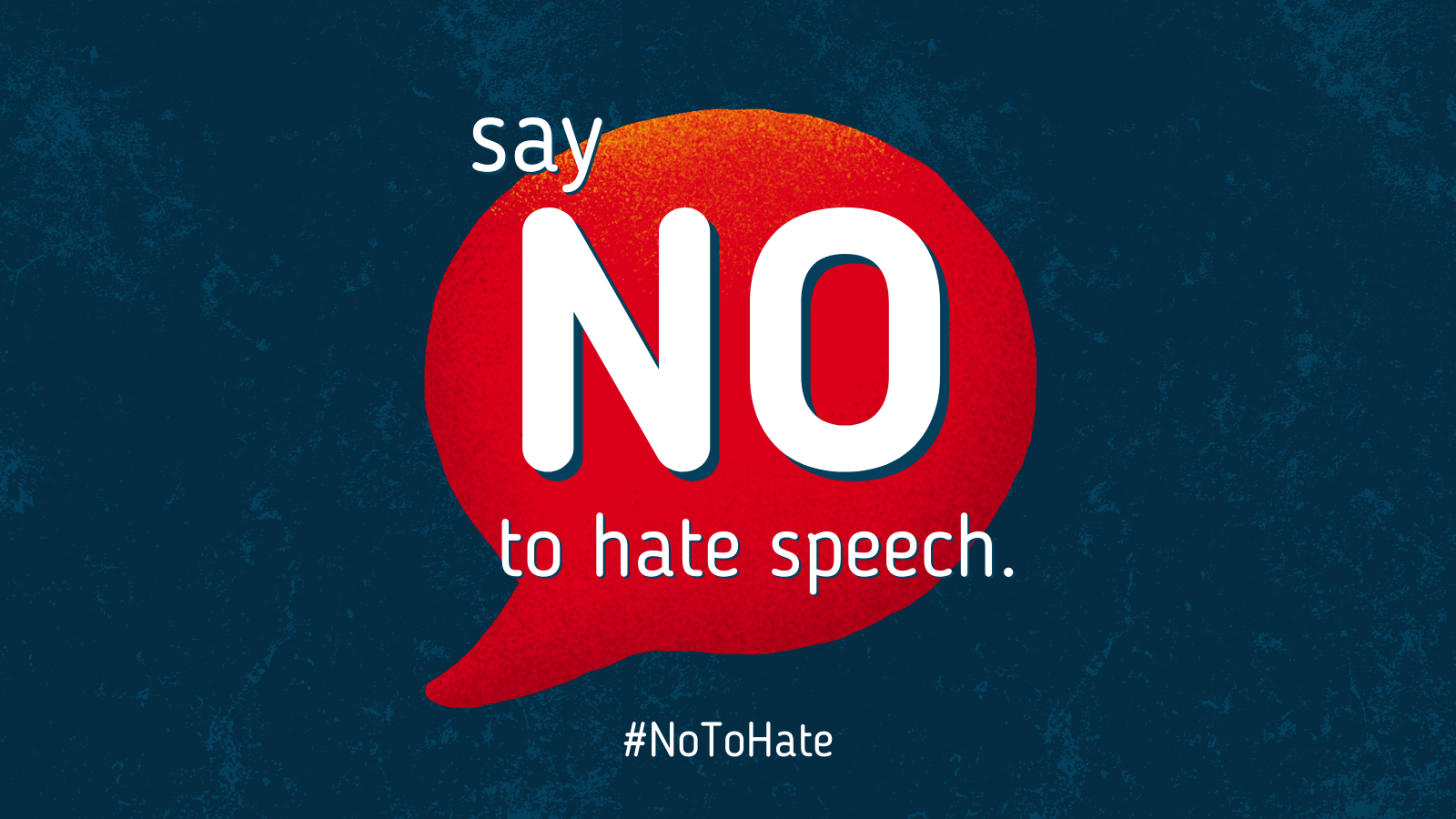Sanela Bešić, a Roma woman from Bosnia and Herzegovina, and Irma Velásquez Nimatuj, a K’iche’ Maya woman from Guatemala, were both born into communities facing systemic racism. Despite their differing backgrounds, their experiences with racial discrimination were parallel. Bešić recalls being the only Roma child in her elementary school, facing exclusion and mistreatment, while Velásquez Nimatuj felt out of place in a private school environment, aware of the discrimination around her. The International Day for the Elimination of Racial Discrimination serves as a reminder of the ongoing struggle against racism. Despite progress over the past six decades, racial inequalities continue to affect many lives worldwide.
Racism and Xenophobia
The working group on the effective implementation of the Durban Declaration and Programme of Action is meeting this week in Geneva to discuss the commemoration of the 25th anniversary of the Declaration next year, and to work on a draft declaration on the human rights of people of African Descent. The Durban Declaration and Programme of Action adopted in 2001 is the UN’s blueprint to combat racism, racial discrimination, xenophobia and related intolerance globally. It offers a holistic vision and proposes practical measures, not just for member states, but for civil society, as well.
“I’m a Black woman, so I cannot approach anti-racism without addressing feminism. As a woman of color, I face multiple layers of oppression,” said Rokhaya Diallo, a French journalist and commissioner of the O’Neill-Lancet Commission on Racism, Structural Discrimination and Global Health. Diallo spoke during a new session of the Human Rights Council in Geneva, which addressed systemic racism and intersectionality. UN Human Rights Chief Volker Türk presented a report emphasizing that intersectionality is vital for tackling systemic racism and the legacies of enslavement and colonialism. The report notes that systemic racism arises from multiple intersecting forms of discrimination, creating unique experiences of oppression.
Recent developments in generative artificial intelligence and the application of artificial intelligence raise serious human rights concerns, including racial discrimination, according to the UN Special Rapporteur on contemporary forms of racism, racial discrimination, xenophobia, and related intolerance. Ashwini K.P. warns that there is an enduring and harmful notion that technology is neutral and objective but in a new report she explores how this assumption allows artificial intelligence to perpetuate racial discrimination. The Rapporteur notes that a clear example of how racial bias is reproduced through technological advances is predictive policing.
Thirty years since the end of Apartheid, South Africa still grapples with its legacy. Despite progress made to eliminate them, racism and discrimination are still prevalent in the country. The roots of racism run deep in the country's economic, spatial, and social fabric and reflect the legacy of oppression and subjugation. Dismantling these systems requires commitment, leadership, dialogue, and advocacy to implement anti-racist policies and promote equality, says Abigail Noko, Representative for the UN Human Rights Regional Office (OHCHR) of Southern Africa.
The International Day for the Elimination of Racial Discrimination is observed on 21 March to combat racism and eliminate all forms of racial bias. This year’s theme focuses on “A Decade of Recognition, Justice, and Development: Implementation of the International Decade for People of African Descent”. Martha Liliana Meza Castillo, a Colombian Black woman, sociologist, journalist, and human rights activist, promoted the International Decade to inform Afro-descendants about their rights and how they could be useful to them. Meza Castillo believes that the International Decade inspired the inclusion of an ethnic chapter in the negotiation of the peace accords in Colombia.
This year’s International Day for the Elimination of Racial Discrimination (21 March) honors "A Decade of Recognition, Justice, and Development: Implementation of the International Decade for People of African Descent." The observance is linked to the International Decade for People of African Descent, which recognizes that people of African descent are a distinct group whose human rights must be promoted and protected. Approximately 200 million people identifying themselves as being of African descent live in the Americas, and many millions more live in other parts of the world.
As the world observed the International Day for People of African Descent on 31 August, progress on eradicating racism is mixed and the road to equality and justice remains long.
Renowned historian Verene Shepherd, who chairs the UN Committee on the Elimination of Racial Discrimination (CERD), sat down with UN News’s Dominika Tomaszewska-Mortimer to talk about how the human rights body works with States towards this goal.
Professor Shepherd also recounted how her own experiences as a woman of African descent strengthened her resolve and fuelled her anti-racist advocacy.
Audio Credit Dominika Tomaszewska-Mortimer, UN News - Geneva
Photo Credit UNTV Geneva
Unprecedented worldwide protests in 2020 following the murder of George Floyd in the United States, marked a watershed moment in the struggle against police brutality and systemic racism. A year later, UN Human Rights issued the Agenda towards transformative change for racial justice and equality that offered a way to reverse cultures of denial, dismantle systemic racism and accelerate action. UN Human Rights continues to urge States to adopt a systemic approach to combatting racial discrimination through the adoption of whole-of-government and whole-of-society responses.
TikTok influencer Taylor Cassidy and Prof. Djamila Ribeiro are two powerful voices speaking out against racism and discrimination. They both use their platforms to educate and empower people. Taylor and Djamila discuss their own personal experiences with racism, as well as the issues that Black women face in our society. Prof. Ribeiro shares her thoughts on the importance of education in fighting discrimination, while Taylor Cassidy talks about the importance of using social media to raise awareness about Black history and culture.
The Universal Declaration of Human Rights (UDHR) proclaims that all human beings are born free and equal in dignity and rights, without distinction of any kind, including that of race. The Human Rights Council convenes today to debate the urgency of combating racism and racial discrimination 75 years after the adoption of the UDHR. The discussion gathers activists fighting against racism, racial discrimination and xenophobia to share their experience, expertise and recommendations on how to address some of the most pressing challenges and obstacles. Watch on UN WebTV.
The Universal Declaration of Human Rights (UDHR) states that everyone is entitled to all the rights and freedoms, without distinction of any kind, such as race and colour, among others. However, racism and racial discrimination continue to affect people all over the world. The commemoration of the 75th anniversary of the adoption of the UDHR should give States an impetus to take prompt and robust steps to advance equality and combat racism, racial discrimination, xenophobia and related intolerance. We mark the International Day for the Elimination of Racial Discrimination on 21 March.
For the past 5 years, Monique Rodrigues do Prado, a Brazilian lawyer of African descent, has been studying love as a tool for Black emancipation and to imagine a world free from racism and the other legacies of enslavement, the trade in enslaved Africans and colonialism. Inspired by Black feminist authors such as Bell Hooks, Monique's approach it to use “Love as a political, active, daily, guiding and ethical action, capable of overcoming the imagery, aesthetics and language barriers that the patriarchal, colonial, imperial and capitalist model has, unfortunately, affected our experiences.” She adds, "We can no longer tolerate any kind of violation. Former colonial powers need to reckon with their past."
The Leading Minds Conference by UNICEF brings together some of the world’s leading thinkers — scholars, scientists, innovators, influencers, philanthropists, governments and of course young people — to understand the challenges that children and young people face globally.
It's common to hear that the world has never been more interconnected. But at the same time, it's never been easier to share differences of opinion and spread misinformation, hate speech and information that divides and causes fear and mistrust. Intercultural dialogue has been described as an antidote to rejection and violence, but can it really make a difference in a world where toxic language and conflict are the things that make headlines, generates more clicks, and – so it often seems – win votes?
Find out more about the UN's #NoToHate campaign.






